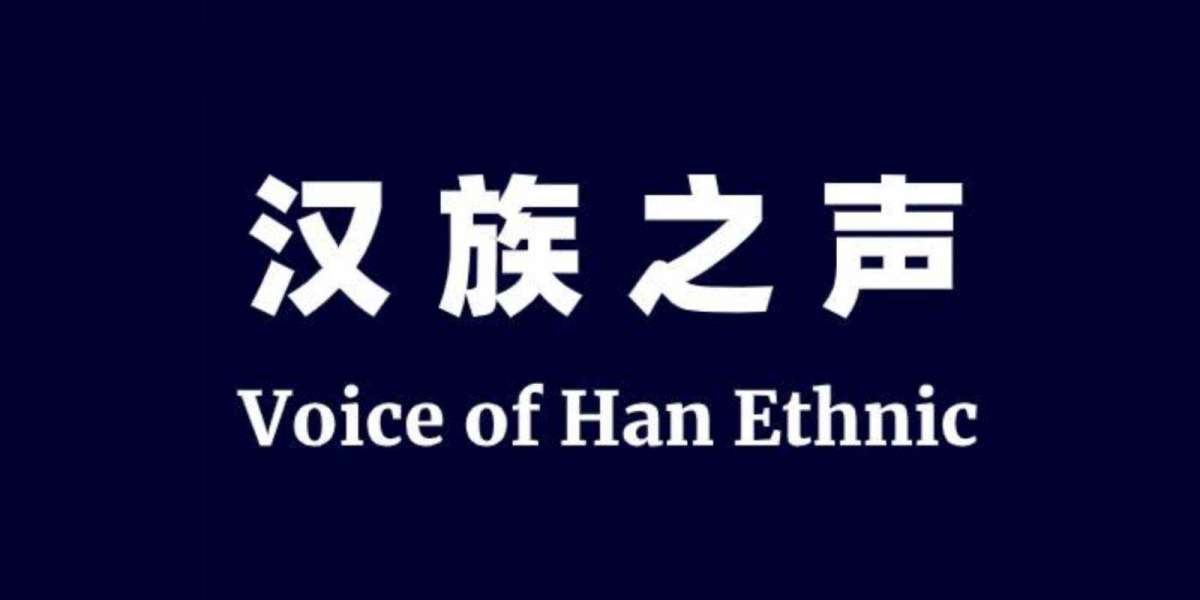The PCSK9 Treatment Market has experienced remarkable growth since the first approvals in 2015, offering new hope for patients with familial hypercholesterolemia or those who cannot tolerate statins.
Understanding the Mechanism of Action
PCSK9 (Proprotein Convertase Subtilisin/Kexin Type 9) plays a critical role in metabolism cholesterol by regulating LDL receptor recycling in hepatocytes. When PCSK9 binds to LDL receptors, it promotes their degradation, resulting in fewer receptors available to remove LDL cholesterol from circulation. Products in the PCSK9 Inhibitor Drugs Market function by blocking this interaction, allowing LDL receptors to remain active longer on liver cell surfaces.
This innovative mechanism enables PCSK9 inhibitors to achieve LDL cholesterol reductions of 60-70% when used alongside statins—a dramatic improvement over conventional therapies. For high-risk patients who struggle to reach target LDL levels with standard treatments, these medications represent a significant therapeutic advancement.
Current Market Landscape and Leading Products
The PCSK9 Inhibitors Therapeutics Market is primarily characterized by monoclonal antibodies delivered via subcutaneous injection on bi-weekly or monthly schedules. Key approved therapies include:
- Evolocumab (Repatha) manufactured by Amgen
- Alirocumab (Praluent) developed by Regeneron/Sanofi
- Inclisiran (Leqvio) from Novartis, representing an innovative small interfering RNA approach
Industry analysis suggests significant growth potential, with forecasts indicating the global market could expand to $19.2 billion by 2030, reflecting a compound annual growth rate of approximately 15.4%. This growth trajectory is supported by rising cardiovascular disease prevalence, broadening approval indications, and increasing recognition of the correlation between aggressive LDL reduction and improved cardiovascular outcomes.
Market Expansion: Challenges and Opportunities
Despite their proven efficacy, PCSK9 inhibitors initially faced adoption barriers related to their high costs, which originally ranged from $5,000-$14,000 annually per patient. This led to restrictive reimbursement policies and limited prescribing practices focused only on the highest-risk patient populations.
More recently, price adjustments and accumulating evidence of long-term cardiovascular benefits have begun driving wider market acceptance. The PCSK9 Inhibitors Companies have implemented strategic initiatives including:
- Development of more patient-friendly formulations and dosing regimens
- Creation of comprehensive assistance programs to enhance treatment accessibility
- Generation of compelling real-world evidence supporting favorable reimbursement decisions
- Research into novel delivery systems, including oral formulations currently in clinical development
Innovation Pipeline and Future Directions
The competitive environment continues to evolve as pharmaceutical companies invest in next-generation approaches to PCSK9 inhibition. Beyond the established monoclonal antibody therapies, the development pipeline now encompasses:
- Oral small molecule PCSK9 inhibitors targeting improved patient adherence and convenience
- Extended-release fusion proteins enabling dosing intervals of 3-6 months
- Advanced gene silencing technologies targeting hepatic PCSK9 production
- Innovative vaccine approaches designed to stimulate auto-antibodies against PCSK9
These technological advances may significantly expand access to PCSK9 therapy by addressing current limitations in administration and cost.
Future Market Outlook
The PCSK9 inhibitor market stands at a crucial turning point, with several key factors likely to influence its future development:
First, expanding therapeutic indications beyond familial hypercholesterolemia to broader at-risk populations could substantially increase the eligible patient base. Second, the introduction of biosimilars following patent expirations for first-generation products may drive greater affordability and access. Finally, the growing emphasis on preventive cardiology and aggressive lipid management may position PCSK9 inhibitors earlier in treatment algorithms.
With cardiovascular disease remaining the leading cause of mortality worldwide, the clinical need for effective lipid management solutions continues to drive innovation in this therapeutic area. The PCSK9 inhibitors market represents not only a significant commercial opportunity but a major advancement in our ability to modify cardiovascular risk through targeted biological mechanisms.
About Us
DelveInsight is a leading healthcare-focused market research and consulting firm that provides clients with high-quality market intelligence and analysis to support informed business decisions. With a team of experienced industry experts and a deep understanding of the life sciences and healthcare sectors, we offer customized research solutions and insights to clients across the globe. Connect with us to get high-quality, accurate, and real-time intelligence to stay ahead of the growth curve.
Contact Us
Himanshu
Latest Reports:-
Zoryve Direct | FDA Approved Peanut Allergy Treatment | New Treatments For Schizophrenia 2024 | Pharmaceutical Companies Market Share | PNH Vaccine | Cybersecurity Healthcare | Benefits Of EHR Interoperability | Cancer Diagnostic Companies | What Kinds Of Asthma Are There | Medical Equipment For Home Use | Drug Commercialization Services | Pharma Market Intelligence | Signs And Symptoms Of Depression | Scarring On The Lungs | Psoriasis Drug








